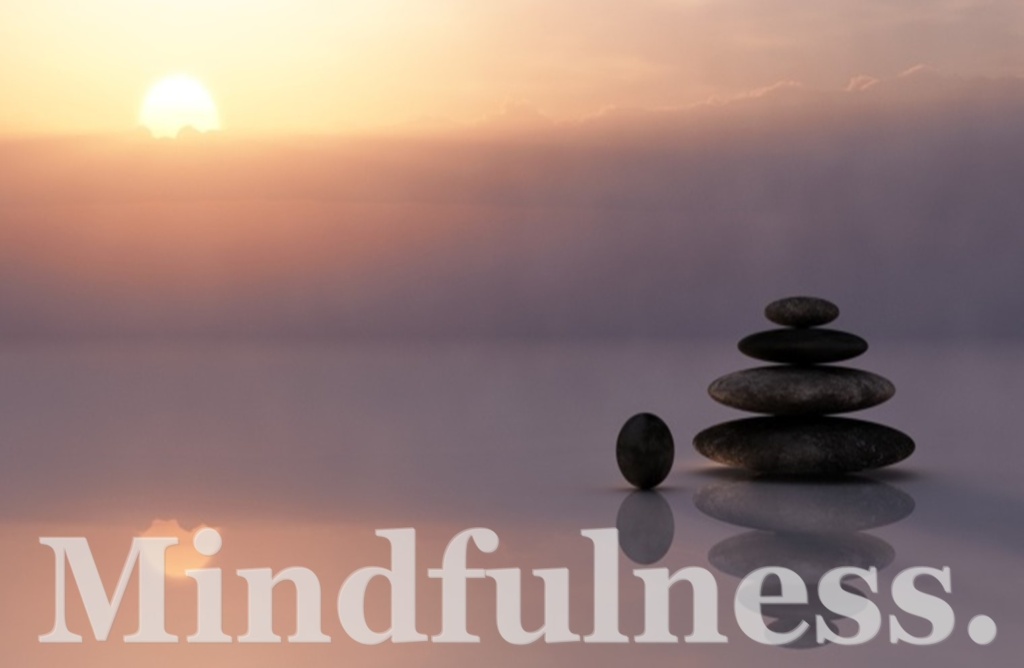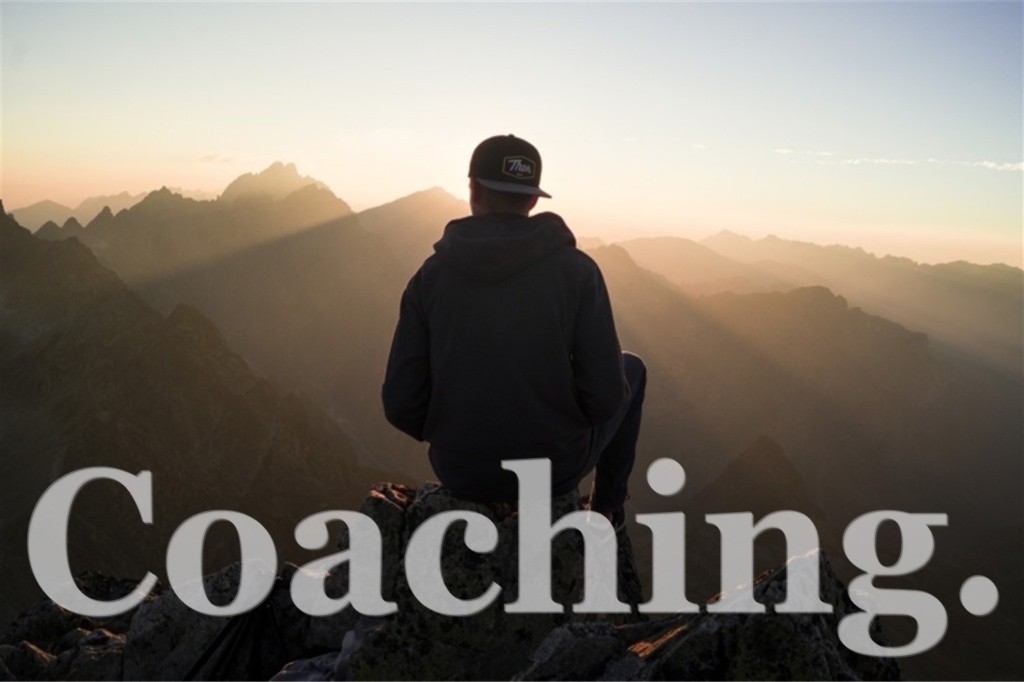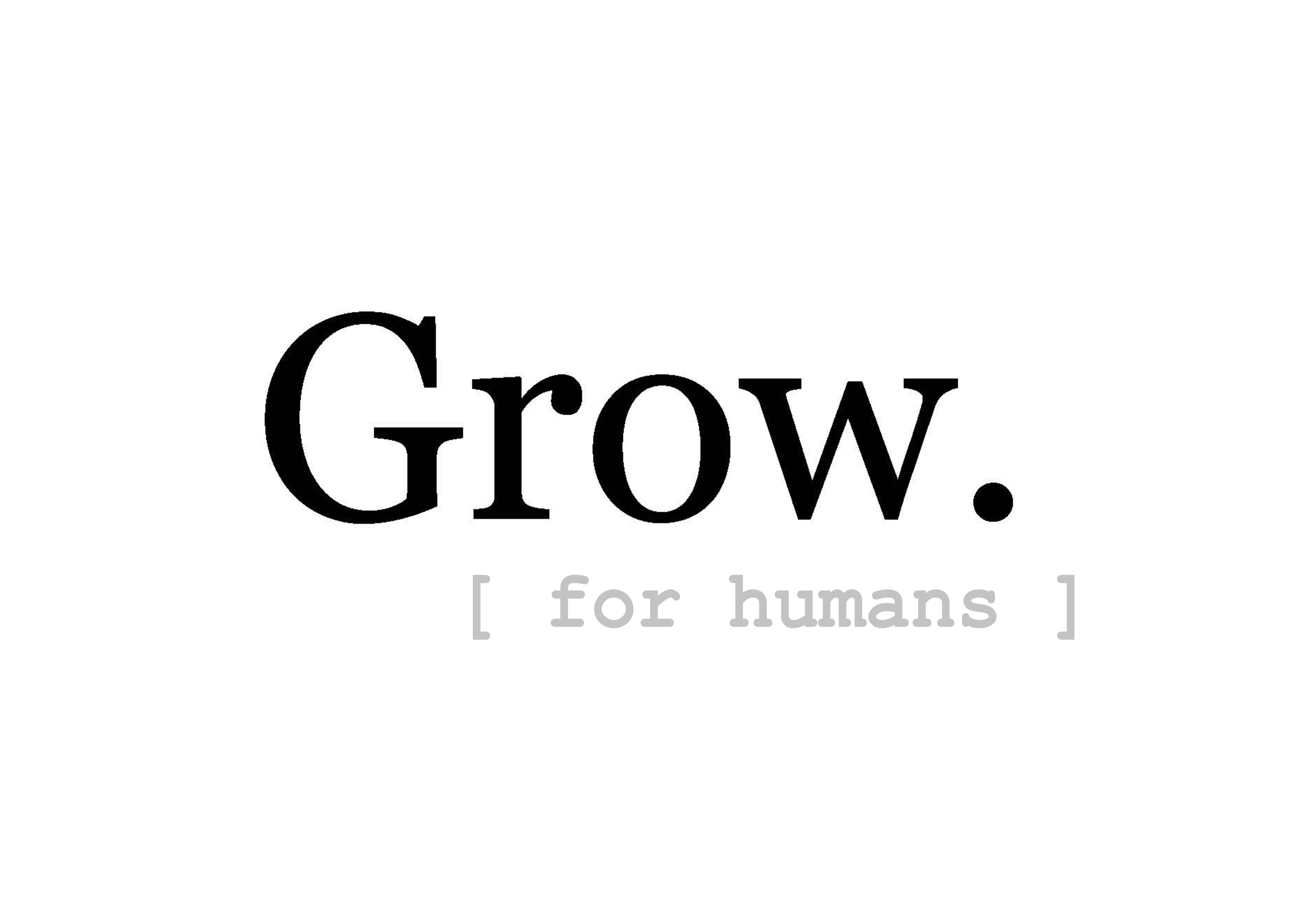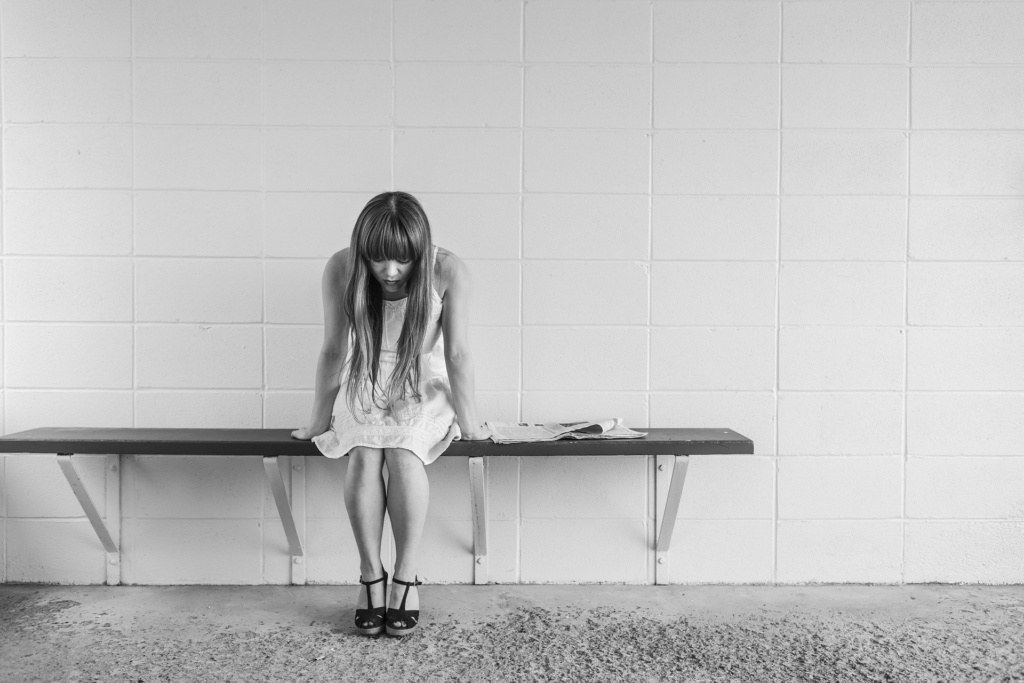
Depression & Anxiety are on the increase…
With the Coronavirus COVID-19 lockdowns, people across the world have been forced into isolation, prompting increases in the already alarming statistics around mental health. Depression and anxiety are on the increase. The Guardian writes:
“A major study into the mental health impact of the pandemic found that in the early stages of lockdown 57% of those who took part reported symptoms of anxiety, with 64% recording common signs of depression.”
This is a serious business. And business is probably an appropriate word to use, given the amount of money made by authors, therapists, teachers, courses, websites, self-help programmes… So many different approaches, theories and solutions for people who are depressed or anxious. For anyone struggling out there, it can be a bewildering and potentially expensive journey, and no guarentee of healing at the end of it.

What is Depression & Anxiety?
But what is depression and anxiety? What causes it? How can we get rid of it?
I would suggest that both anxiety and depression are actually parts of us calling for our attention and not something to get rid of at all. It might seem like an odd concept, but bare with me on this! I think many different sensations and experiences can end up being blanket labelled as depression or anxiety. As an example: a feeling associated with depression is lethargy (no energy, sleepiness, no motivation). I believe that this lack of ‘oomph’ can sometimes happen when we repress our agressive, angry and rageful tendencies. This usually happens early on in life: we are given the strong impression in our society that these feelings are bad, and yet they are just feelings. We have no control over how we feel, and yet if we berate ourselves every time we feel a bit peeved, this part of us will end up underground, in ‘shadow’ as Jung termed it.
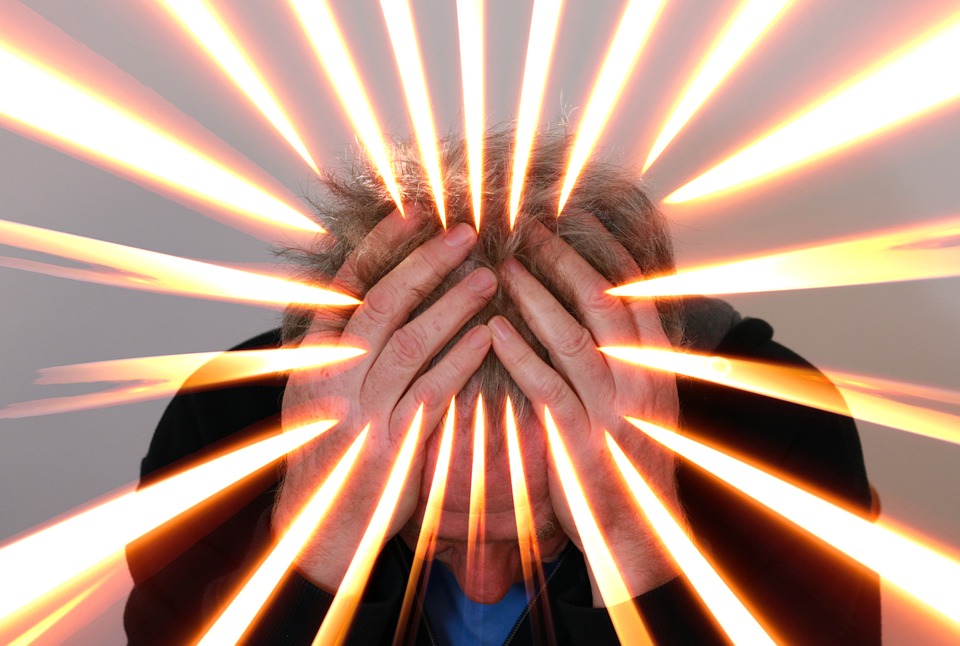
Anger & Agression
The problem with repressing our anger and aggression however is that these are vitally important feelings to help us to know when our boundaries are being crossed. If we stop listening to our anger, we let people exploit us, we care too much about others and not enough for ourselves. Other people’s responsibilities become our responsibilities… sounding familiar? This causes anxiety.
Anger and aggression are not only an important sentry however. They are a potent energy: think about it. We can go about tasks agressively. It helps us to get the job done. Angry music works wonders at the gym, right? Without a conscious flowing relationship with our anger and agression, we become demotivated, low, and yes: depressed.

Feel!!!
Now don’t get me wrong: I am not saying that this is the only cause of depression or anxiety, but I think it is a biggie: and not something that is often talked about. And this is only one example. There are others: repressing our tears, sadness and grief for example: leaving us feeling out of touch, lifeless, heartless.
This post is a plea to you to try listening, befriending and bearing with your depression or anxiety: perhaps this is a part of you crying out for attention? Perhaps this is the most authentic part of you yearning for authentic expression and release? See if you can start to embrace your feelings of rage, your anger, your grief and fear. These are not things to be ignored. They are parts of you. I am not saying start setting fire to things, or burst into tears during an important meeting at work: these are both extreme examples of your response to your feelings. You can choose how you respond, but see if you can begin to build a closer relationship with your feelings. Allow them to be felt. They have important things to tell you.
Jeff Brown writes in ‘Hearticulations’:
‘The only way to heal depression is to get to it’s roots. To get right inside of those frozen feelings, and thaw them out somatically. We felt the initial pain in our bodies. We must go right back inside of our bodies to feel and resolve it. No more damming up of our emotions. No more defences and denials. THE FEEL IS FOR REAL. Let’s feel our way back to life. ‘
If this sounds tough, start small. Don’t forget to ‘ground’ as you do this: connect with your breath, your sit bones and the world around you. Begin to build your capacity to sit with these difficult feelings in your body. Neuroplasticity supports this idea: the more you practice centering and grounding, the better you will become.
Good luck: and if you fancy a hand, either in person or online, please don’t hesitate to get in touch!

